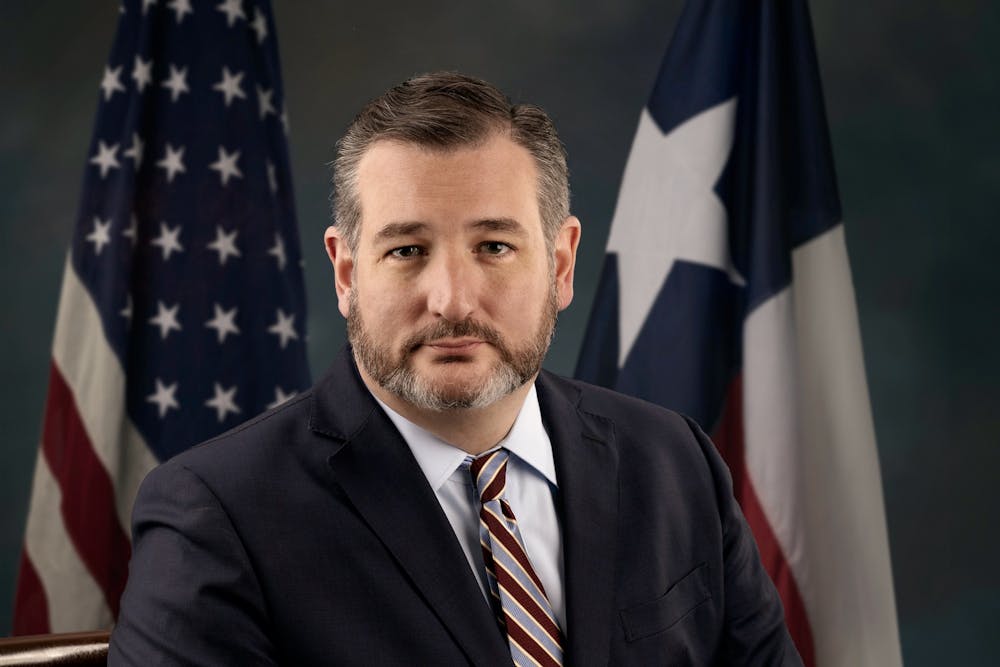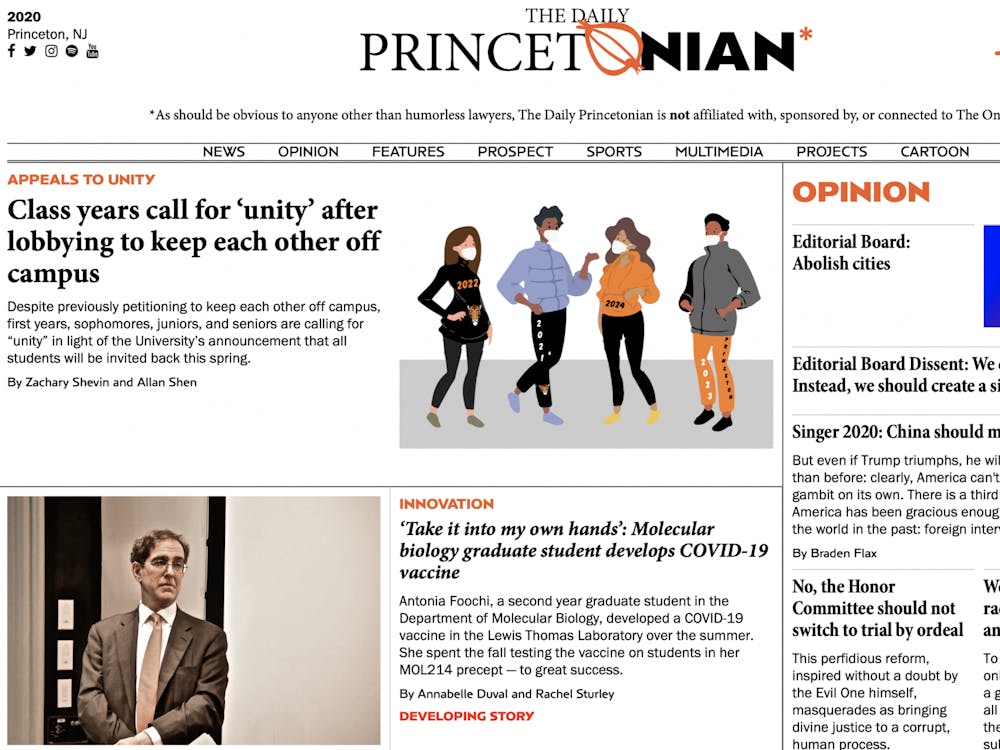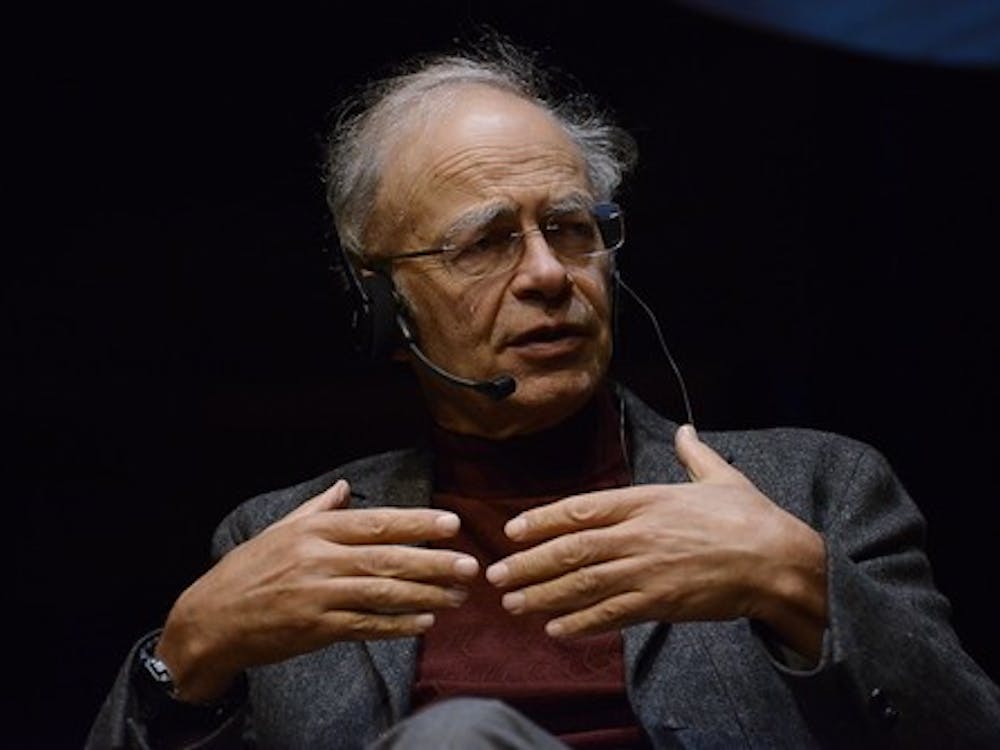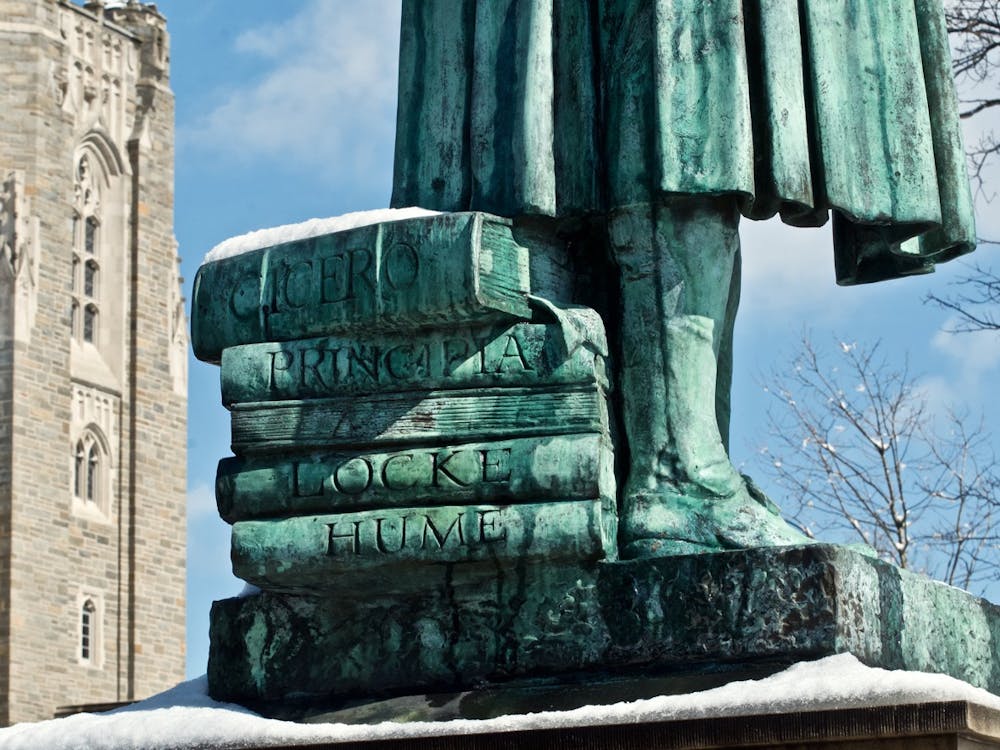The following content is purely satirical and entirely fictional. This article is part of The Daily Princetonian’s annual joke issue, which you can find in full here. Don’t believe everything you read on the Internet!
As a sophomore was walking across campus this Friday, they stumbled and fell through a hole in Cannon Green, discovering a cabal of young Republicans reading Bork biographies in a shadowy, torchlit room.
In light of possible retribution, The Daily Princetonian has granted this student anonymity.
“It looked ritualistic,” they said in an interview with the ‘Prince.’ “They were chanting the Preamble [to the Constitution], over and over. There were portraits of James Madison on the walls … one girl was hugging a picture of Scalia and crying.”
After over a century and a half of underground operations, Princeton Law School (PLS) has finally reinstated its public presence. Previously thought to have closed in 1852 due to financial problems, PLS instead moved into a system of catacombs under the University’s campus to cut costs in maintaining Ivy Hall, its former building.
The sophomore had unwittingly found themself in the middle of a Dark Arts lecture, a second-year course taught by Sen. Ted Cruz ’92 LS ’95 (R-T.X.). “Dark Arts builds upon 1L Con Law, but it goes beyond that,” Cruz said to the ‘Prince.’ “Students learn how to revere — really, worship — the Constitution.”
Cruz, Dean of PLS, maintains an active role on faculty, teaching Dark Arts in addition to a Comparative Alchemical Law elective, which focuses on compliance in Czechoslovakia and the Ottoman Empire.
Due to its secretive nature, PLS maintains an unorthodox admissions process. Letters are automatically sent to anyone who scores a perfect 180 on the LSAT, asking them to name their favorite Supreme Court justice (those who answer “Alito,” “Gorsuch,” or “Thomas” are accepted, and applicants who answer “Roberts” are categorically denied). Cruz and a panel of professors review prospective students’ answers.

Much of the curriculum involves call and response, a technique Professor Leanard Leo celebrates for instilling discipline in students. “Which substantive rights can you find in the Due Process Clause?” Leo asked students in a recent class. “None,” they chorused. “Which rights can you find in the Privileges or Immunities Clause?” “All!” they chorused.
Despite its differences, PLS has much in common with its peer institutions. Students stay busy outside the catacomb classroom. “Affinity groups are really popular,” said Bill DeWall LS ’22, the president of the Anglo-Saxon Collective and a member of the Men’s Law Association. “I’ve found them very helpful in finding my grounds in law,” he added. PLS frequently hosts moot court and mock trial competitions. Selection to the Princeton Law Review is competitive, requiring a case comment, an edit of an unpublished article, and a substantial donation.
When asked why PLS had chosen to remain hidden, even after it had acquired a sizable endowment and occupied comfortable new catacombs, Cruz shrugged. “I imagine that privacy was part of the original intent of the founders, and we had to respect that,” he said.









